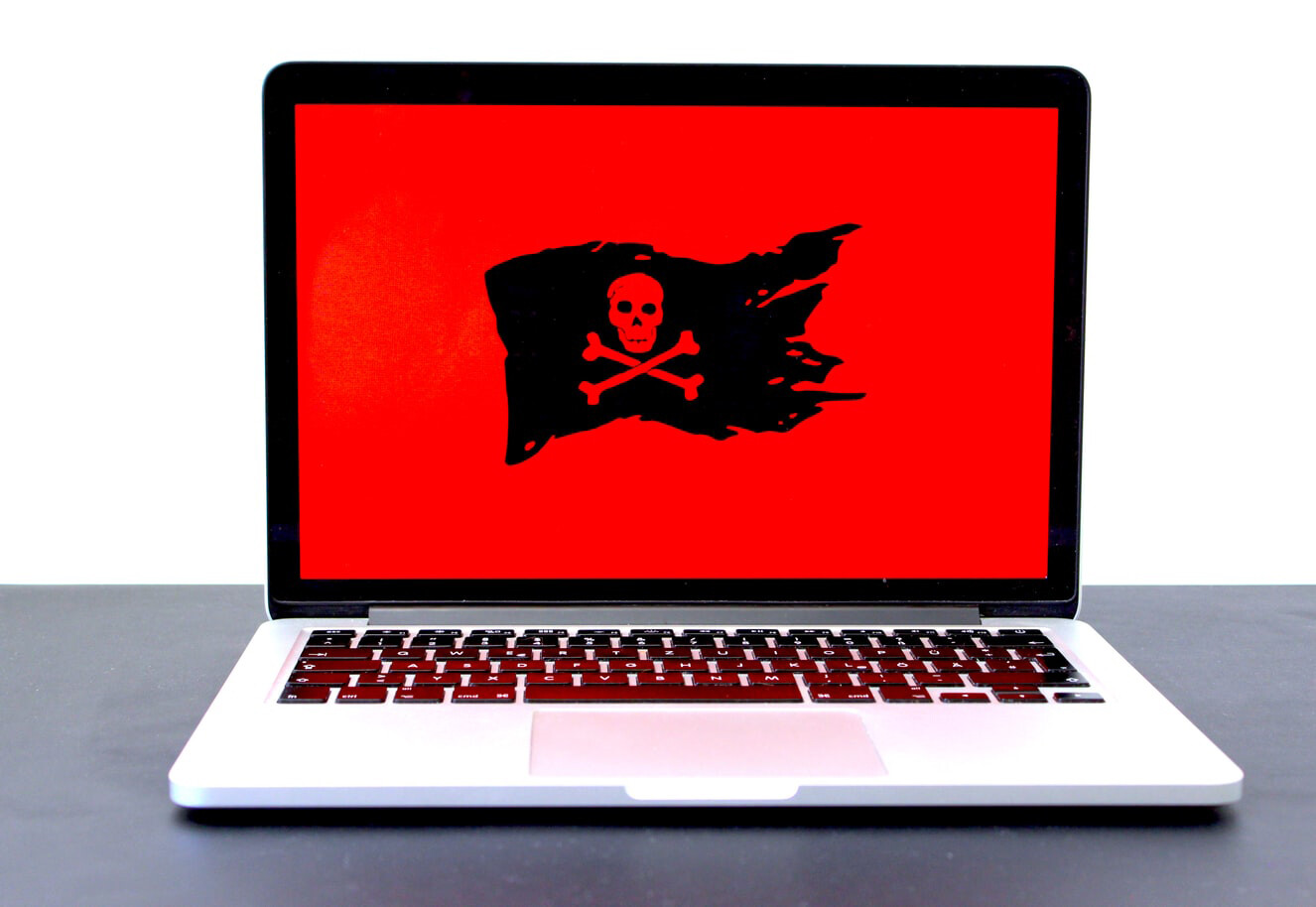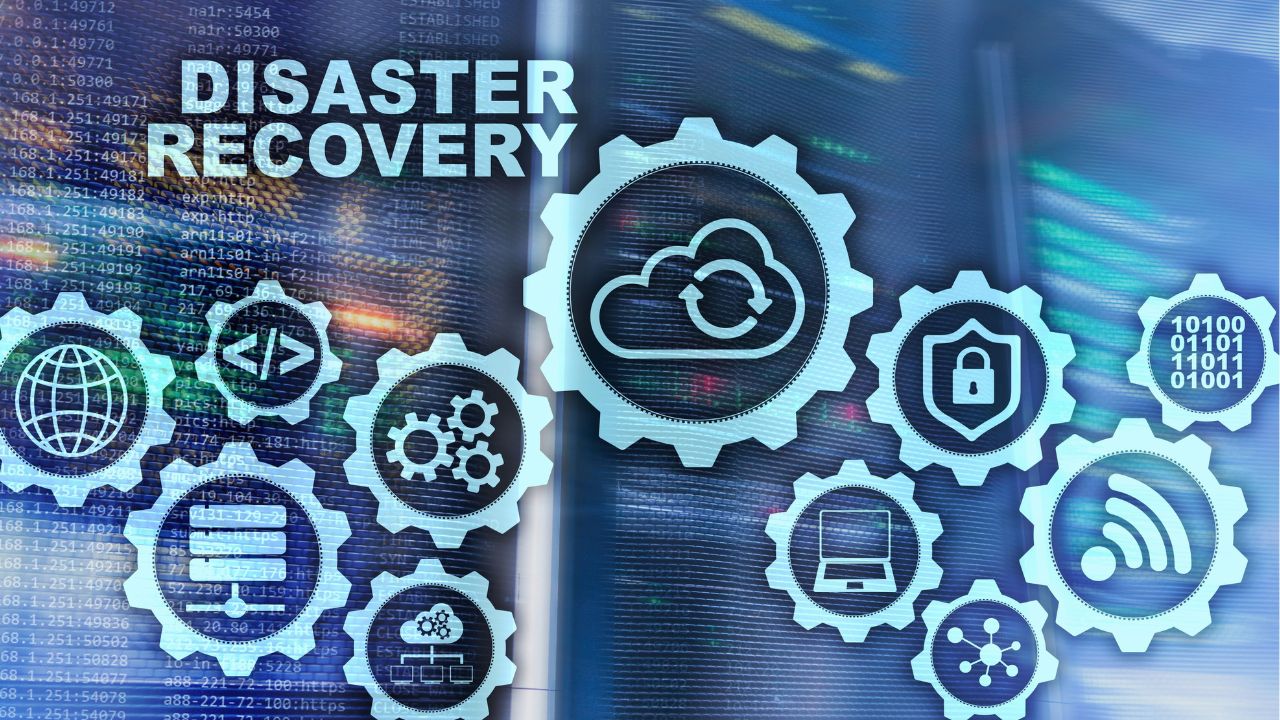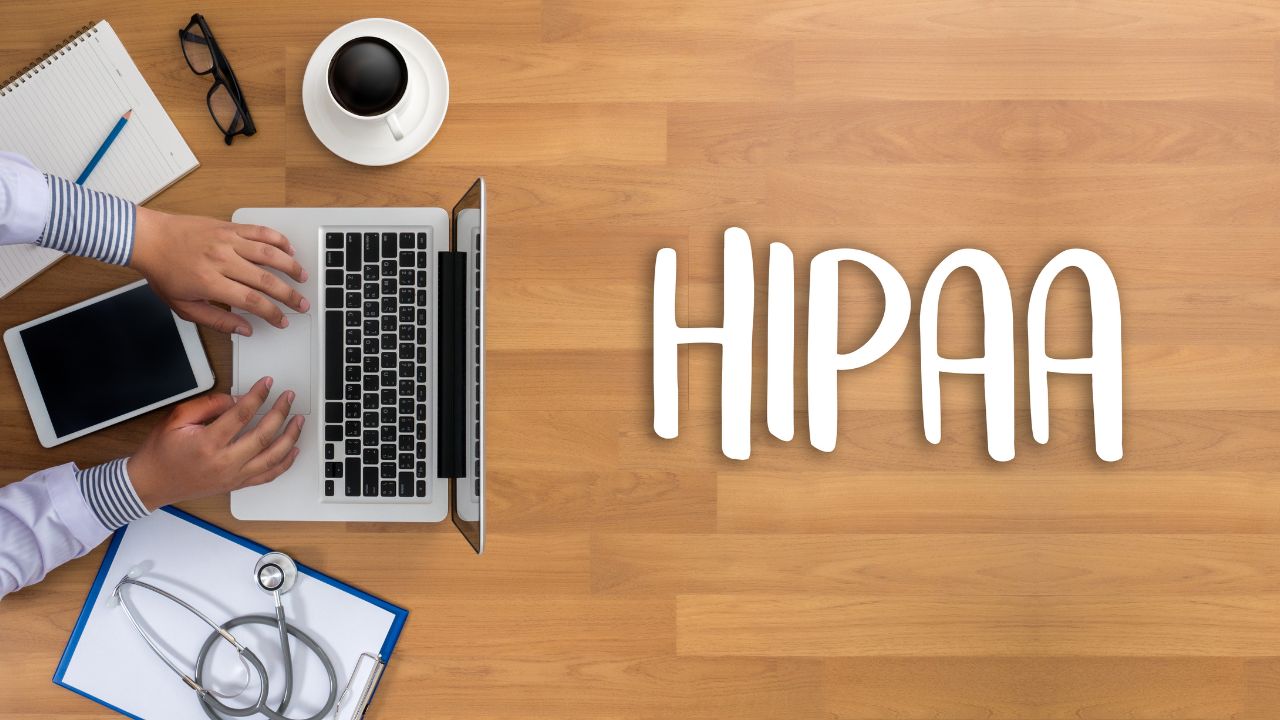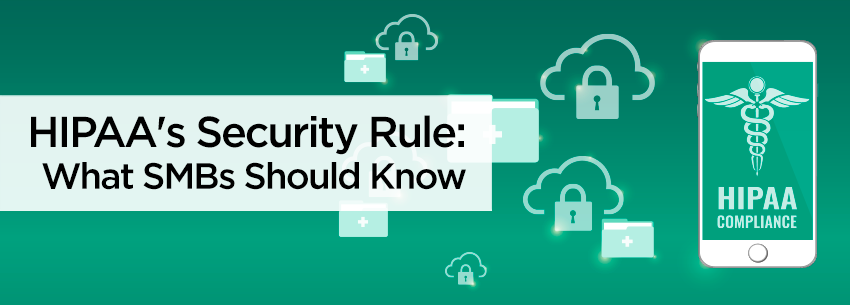Trouble Pops Up
Imagine it is your average run of the mill Tuesday morning. Your brain is already on overdrive, prepping for Ms. Smith’s appointment (which will inevitably run long) and how much of challenge it will be to catch back up after its done. After all, twenty-minute time slots make it difficult to give patients the time they deserve but keeping them waiting in their cars for hours is hardly the answer. On top of that, John’s vacation is next week so you know things are going to get missed while he’s out. You’ve already got plenty to worry about.
When you arrive your office manager is having trouble logging into the EHR. You try. Something’s just not right. It’s at that moment you see the message pop up – your system has just become a cyberattack victim. The network is down, your patient schedule is full, and you can’t access any chart information. How could this have happened? Frustration and panic set in.
So what’s your next move?
Where’s Your Weakness?
Just like the human body, all it takes is one failed defense mechanism and a virus has full access to wreak havoc on your security network. You’re not alone. Since March, crypto-ransomware attacks have exploded across the country. In a report published by Security magazine, “COVID-19 pandemic sparks 72% ransomware growth, mobile vulnerabilities grow 50%.”
It’s not just hardware-based attacks either. In a rush to publish mobile apps for work-from-home portability, developers deploy software technology that hasn’t been properly secured – making users prime targets for cyberattacks, attacks that are increasingly expensive in terms of response and recovery. In particular, medical practices that inadvertently leak PHI are subject to costly fines. Yes, we know. We’re all well versed in HIPAA breaches at this point, but the message finally hits home once the ransomware notice pops up on your screen.
Is the cost to recover and pay fines something your practice has prepared for?
Clear Need for Managed Services Provider
As the list of HIPAA regulations and the tenacity of crypto-ransomware attacks grow, the need for outsourced IT is clear. Managed IT services operate as a partnership unique to each organization they join forces with. Problem is there’s so many to choose from, how do you know which one to partner with?
Rapid advances in healthcare IT have a positive impact on your business, but there’s a burden to keep pace as technology improves. Managed service providers that are HIPAA trained ensure you stay ahead of the growing risk while keeping HIPAA compliant. In the event your network goes down, you can trust a medically trained IT team will know exactly what steps to take in the first 24-48 hours post attack to be assured your data is still there, restored, and protected.
Everyone will inevitably get hit to some extent. Remember that not all MSPs are the same. By joining forces with an MSP that knows the specific demands of healthcare, you have the best chance of getting the support your unique practice deserves.
—
IT Practice was created in 1996 with the goal of making IT worries a thing of your past. With more than 20 years experience in network management and security we understand the intricacies of protecting medical professionals and their practices. Contact us with your questions or a hassle-free tech analysis at media@itpractice.com.
By Heather Bratcher
Heather is the Digital Marketing Specialist for IT Practice, a Raleigh, NC based managed services provider specializing in medical and dental IT.












